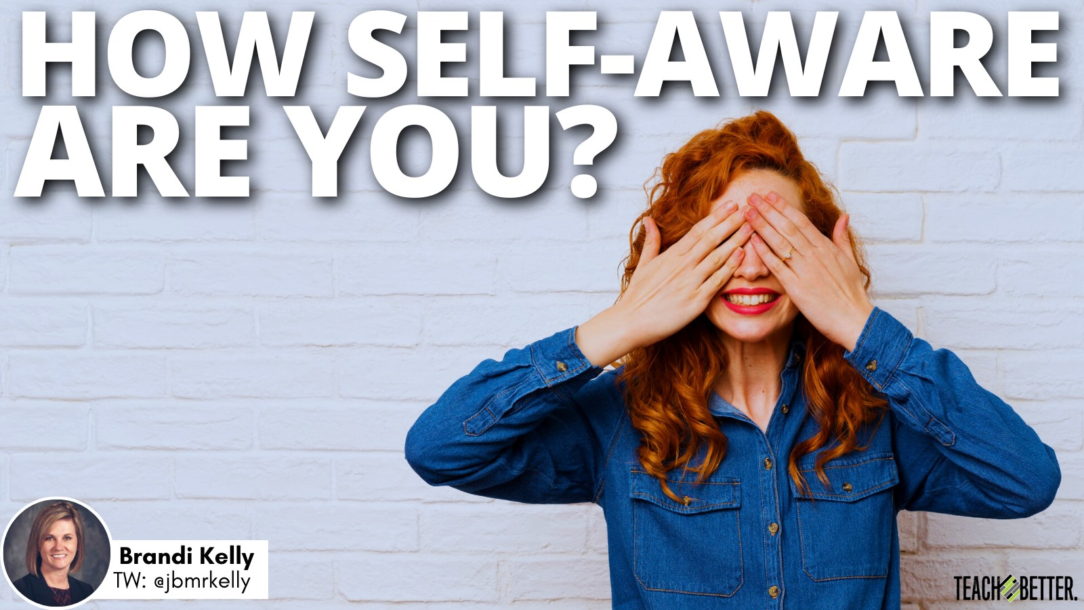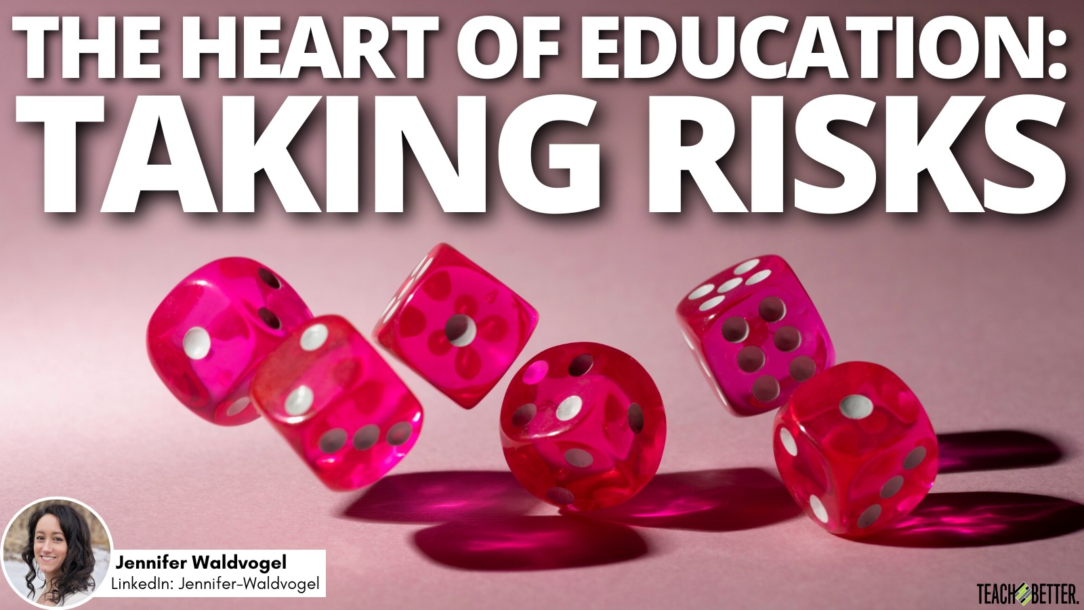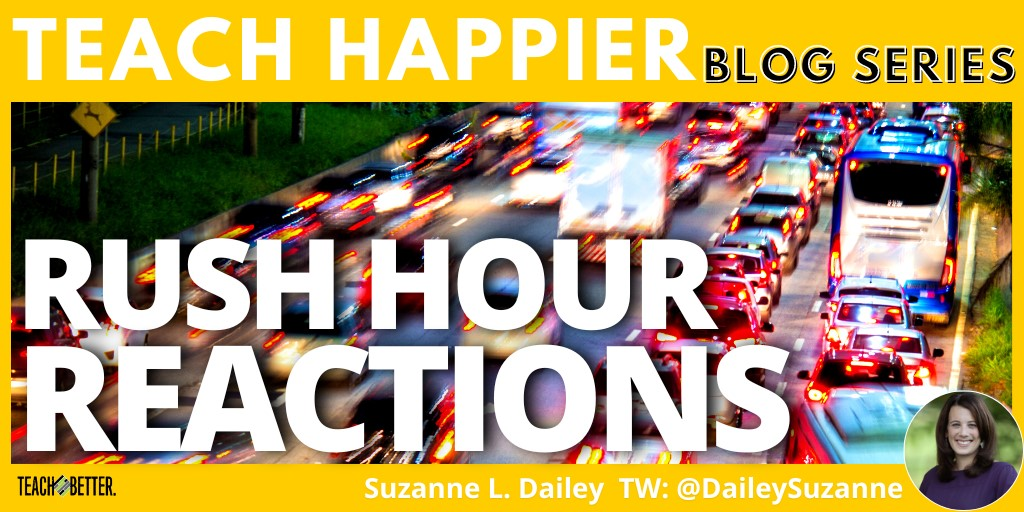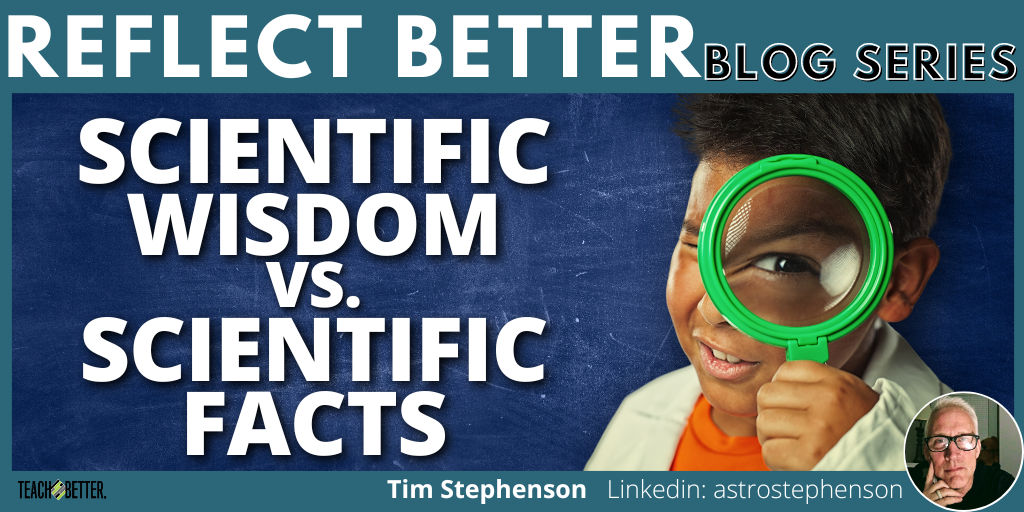TL;DR: Self-reflection leads to self-awareness, a crucial foundation for wisdom and effective leadership. It’s a continuous process that requires intentional practice and time. Methods like journaling, meditation, and nature walks are powerful tools for self-reflection, helping to recognize emotions, strengths, weaknesses, biases, and blind spots. Self-awareness leads to self-efficacy, essential for personal and collective growth. Through mastery and vicarious experiences, … Read More
Gratitude: It’s a Super Power!
TL;DR: Gratitude boosts emotional well-being, mental health, and fosters better relationships. Academically, gratitude enhances performance, resilience, and problem-solving skills. Practical methods like journals, kindness acts, role modeling, and discussions can instill gratitude effectively. In a fast-paced, technology-driven world, it can be easy for students to overlook the significance of gratitude. However, teaching students to be grateful is more than just … Read More
The Heart of Education: Taking Risks
TL;DR: Taking risks makes teaching more exciting and fulfilling. Start small with change to accomplish more in the long run. Risk-taking is easier for students when we build them a safety net. Failure is natural. Show students it’s okay to fail as long as we try again. Growing up, we’re taught to be careful: to wear helmets and knee pads … Read More
Rush Hour Reactions
TL;DR: Feeling rushed and hurried can lead to our worst versions, affecting our decisions and behavior negatively. Princeton University’s experiment shows that having more time allows for more rational and kind decisions, while rushing narrows our cognitive map. We can train our brain to notice when we’re rushed and take a 2-degree shift in thought to slow down, focus on … Read More
Meaningful Lessons: Scientific Wisdom vs. Scientific Facts
TL;DR: There is a need for more relevant science education in the 21st century. This post emphasizes the importance of teaching wisdom and context alongside facts. Teachers should engage students by making lessons meaningful and applicable. Ok, let’s hit the reset button on my podcast, Science360, for a moment. Let’s talk about why I bring the type of episodes that … Read More






